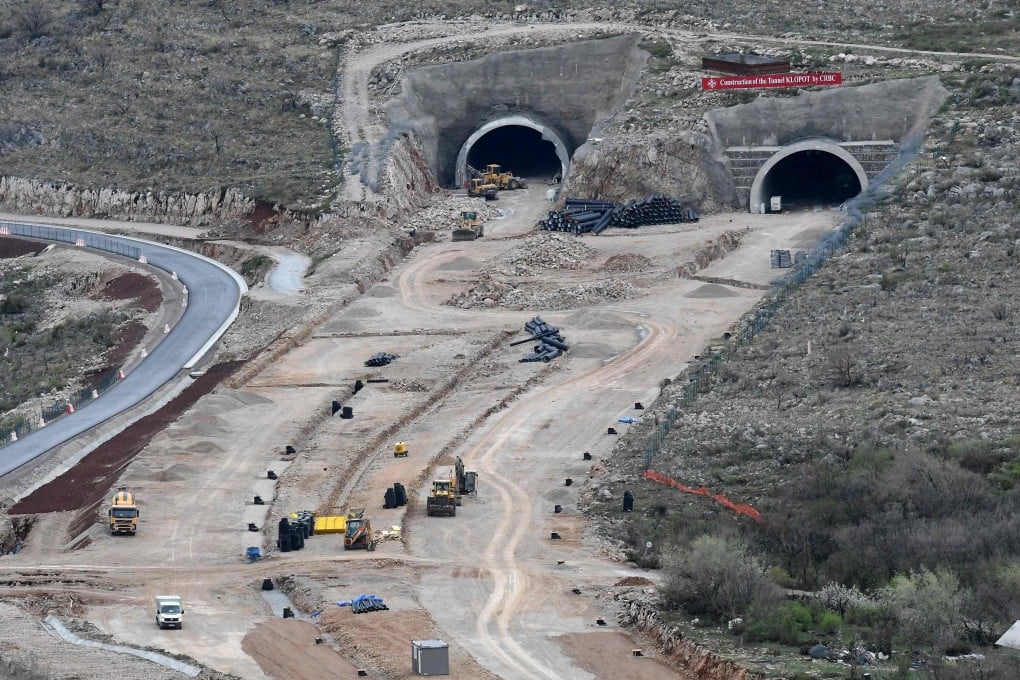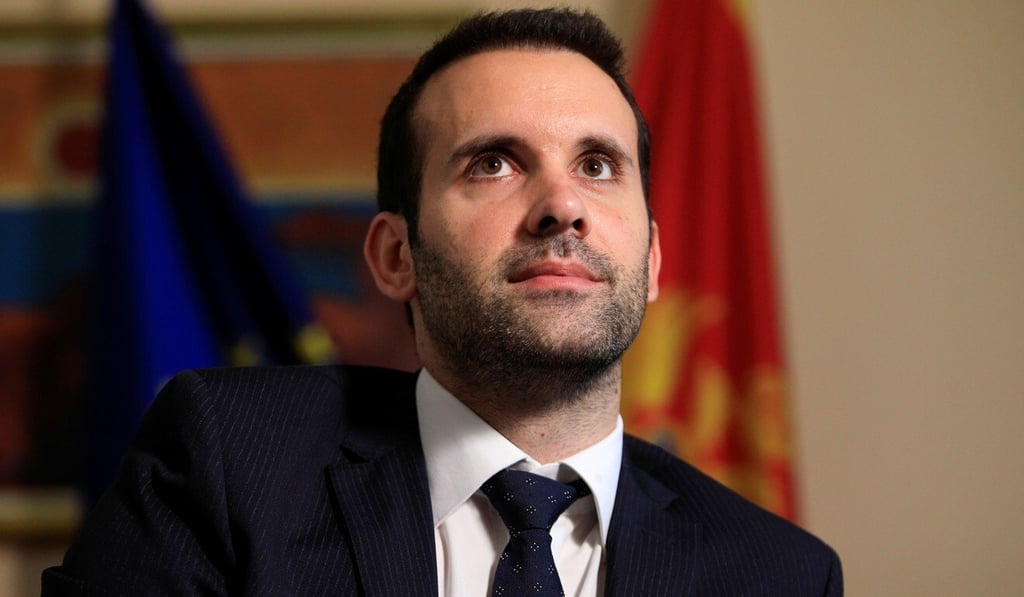Montenegro reaches deal with Western banks to restructure Chinese debt
- US and French banks help Balkan state refinance nearly US$1 billion in loans from Exim Bank of China, dropping interest rate to less than 1 per cent
- Move is seen as bid to counter Beijing’s attempt to build influence in the region

Montenegro, a tiny Balkan state of just 620,000 people, has become the centre of a geopolitical battle between Beijing and Brussels – and has also sucked in the US.
On Thursday, the Montenegrin government secured a deal with two banks from the US and one French bank to restructure its Chinese loan of nearly US$1 billion — equivalent to about a fifth of the nation’s GDP in 2019.
With the help of American and European partners, “Montenegro managed to reduce the interest rate on the Exim Bank of China loan from 2 per cent to 0.88 per cent through a hedging arrangement”, Finance Minister Milojko Spajic said in the capital Podgorica.
The deal will help Montenegro save up to €8 million (US$9.5 million) a year – an amount that Spajic said would go into development projects and help the government respond to rising food prices.

“Negotiations on refinancing and optimising the public debt of Montenegro continue, and this arrangement gives much-needed time to do so in the best possible way,” Spajic said Thursday evening. He declined to identify the banks that had helped restructure the debts.
In 2014, Montenegro borrowed funds from the Exim Bank of China to finance the first stretch of a planned highway connecting its port city of Bar to Serbia, after the World Bank and the International Monetary Fund both deemed it not commercially viable. Principal payments for the loan were due to begin this month but Montenegro had warned it would have difficulties in servicing the debt. China was reportedly willing to defer Montenegro’s first payments until the end of 2022.